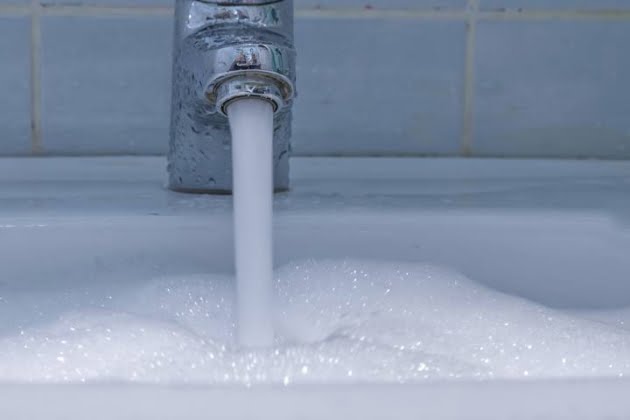When you fill a glass with tap water, you expect it to look crystal clear. If the water is white and cloudy instead, its unusual appearance can be concerning. You might suspect something is wrong with the plumbing system or the water supply. Fortunately, the problem isn’t severe in most cases. Depending on the cause, the milky tap water is usually still safe for use and consumption.
Sometimes, this problem is harmless and might resolve on its own. Under most circumstances, the water should become clear again in twenty-four hours or less. If the issue persists, it could indicate a long-term plumbing complication. Calling a professional plumber can help you troubleshoot and find a permanent solution.
Are you wondering why the tap water looks white and milky? Here are the six possible reasons why your tap water is cloudy:
Air Bubbles
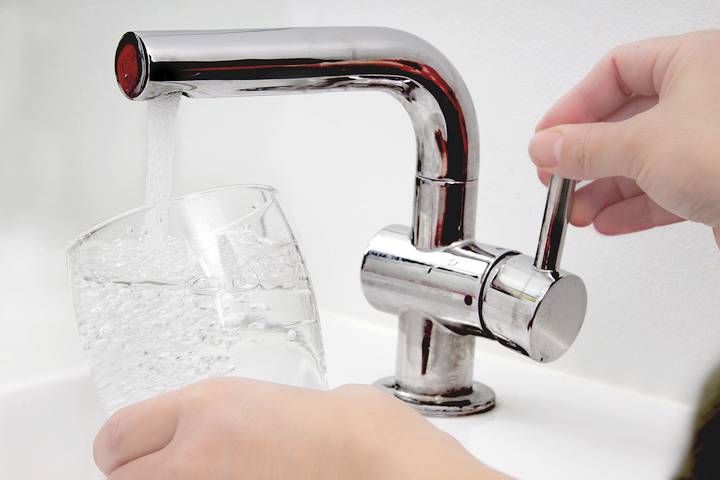
Usually, excess air is the main reason for cloudy white water from the tap. When too many bubbles form in the water simultaneously, it might cause a milky appearance. Given some time, the bubbles should settle, and your water will become clear again.
There are many reasons why bubbles may form in your tap water. Sometimes, the bubbles occur when air gets trapped in your pipes. Your plumbing system must increase the water flow velocity to force out the air. As a result, the faucet unleashes a powerful rush of water that produces air bubbles. This phenomenon becomes compounded if you already have signs of high-water pressure in your household.
Fortunately, these air bubbles are temporary and will fizzle away after a while. They are also harmless. Your water should still taste the same and be safe to drink.
Hard Water
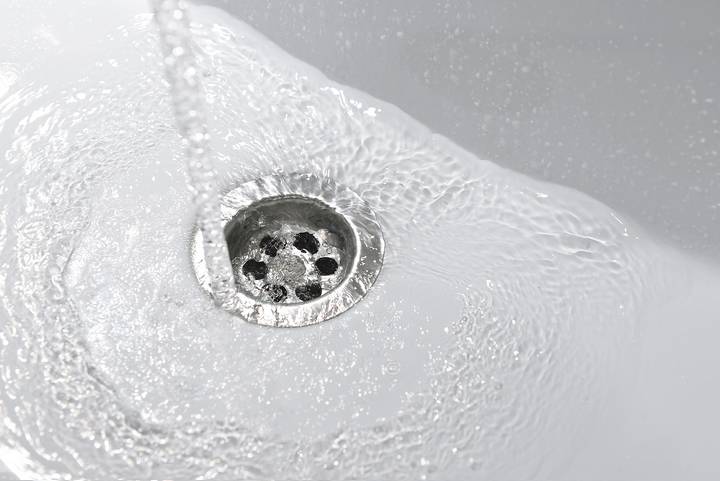
Hard water is the term used to describe water with a high amount of minerals. Minerals like calcium and magnesium can cause your water to become opaque. The cloudy tap water will remain even after you have given it sufficient time to settle. Some hard water symptoms include a white film on taps and appliances. There might also be white spots on glasses and dishes after washing them.
The level of minerals in the water depends on your geographic location. If your tap water runs through a river or lake with high mineral content, this will travel to your house. Luckily, a good quality water softener should remove the minerals. The hard water travels through the filtration system, replacing magnesium and calcium with sodium ions. Also known as an ion exchange, this process could fix the cloudy tap water.
Sediments
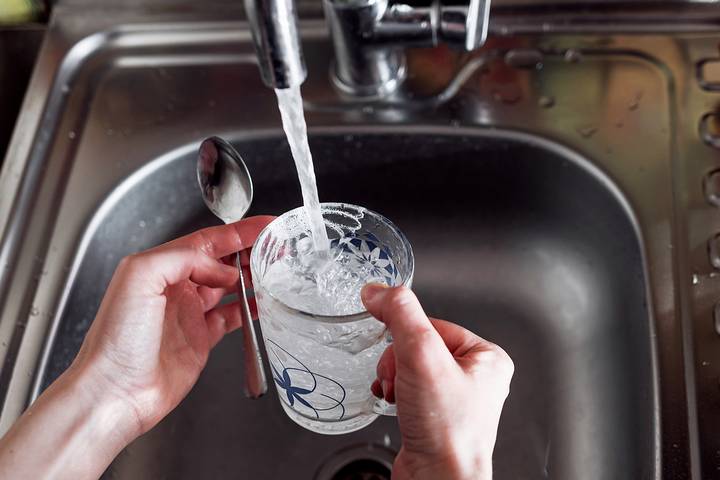
Sediments refer to the solid particles found in your tap water. These include algae, silt, manganese, clay, and iron. Often, the runoff into your water source can cause an increase in sediments. Likewise, constructions or large storms may also bring unwanted sediments to your water supply.
If your cloudy tap water contains sediments, its appearance will look dirty and murky. There will be visible particles floating in the water. Consider contacting an Oshawa plumber to fix this problem and have your pipes cleaned.
Methane Gas
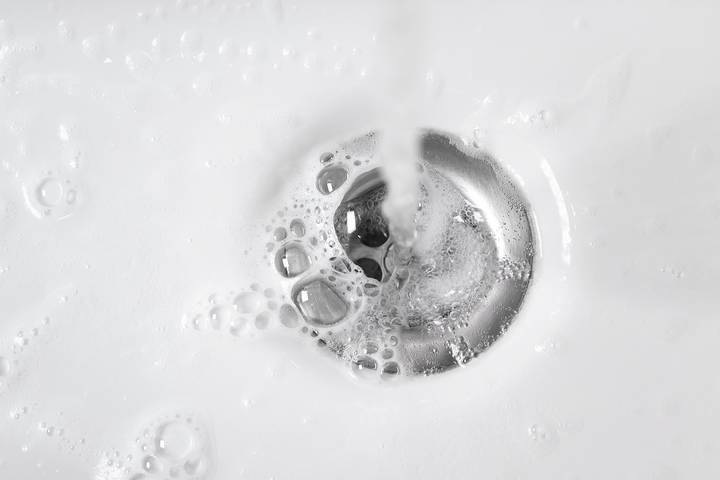
If you have a well and your water is cloudy, there is the possibility that methane gas may be the issue. Methane usually occurs due to natural conditions. Although not toxic, high concentrations can cause the tap water to look murky. All wells have some levels of methane gas, but anything above ten mg/L might pose a problem.
Since methane is colourless, odourless, and tasteless, it can be challenging to determine if this is the cause of your problem. You should test the water in your well regularly to identify its methane concentration levels. If you notice water sputtering out of the faucet, that’s one of the common symptoms. Another signal is an excess of white bubbles in your water.
Well Residue
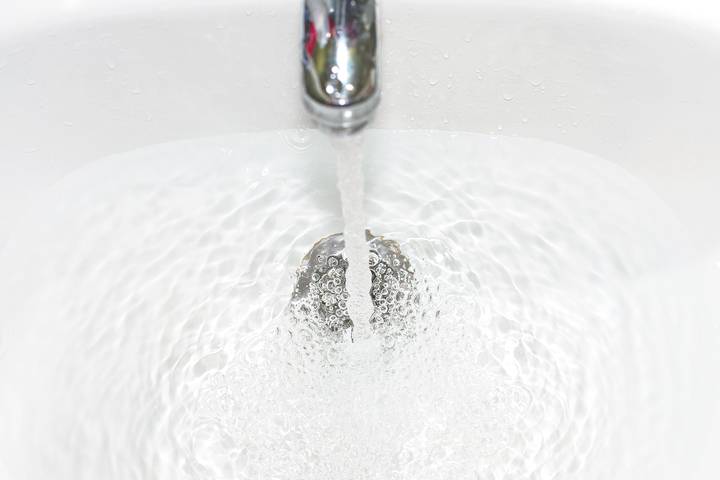
Since your well sits below the surface of the ground, it’s common for dirt, rust, or silt to contaminate the water. In small amounts, these impurities are harmless. However, large quantities may pose a problem for your health and cause cloudy tap water. You should get rid of the residue in your well. Although this procedure is not straightforward, it will fix the issue and provide you with clean, safe drinking water.
Excess Surface Water
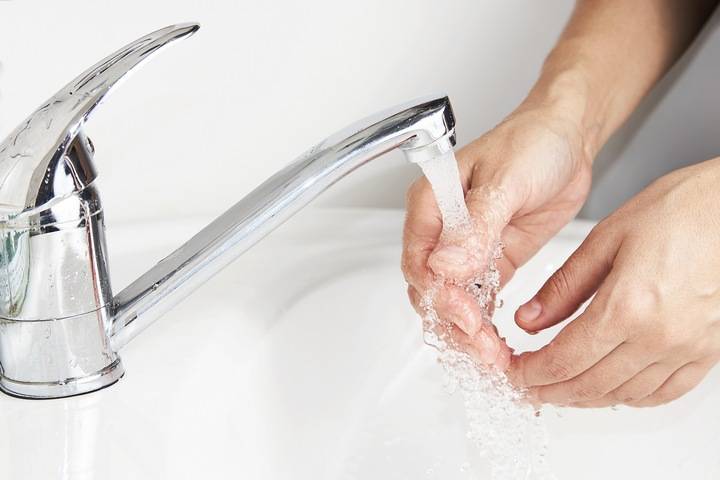
Surface water is the water that accumulates on the ground, usually after ample rainfall. Sometimes, surface water can leak into your plumbing system. It causes a dangerous situation with the quality of your drinking water. Surface water might contain toxic chemicals, bacteria, and other hazardous contaminants that leak into your household water supply. Treat this problem with urgency and contact a plumber for help.



